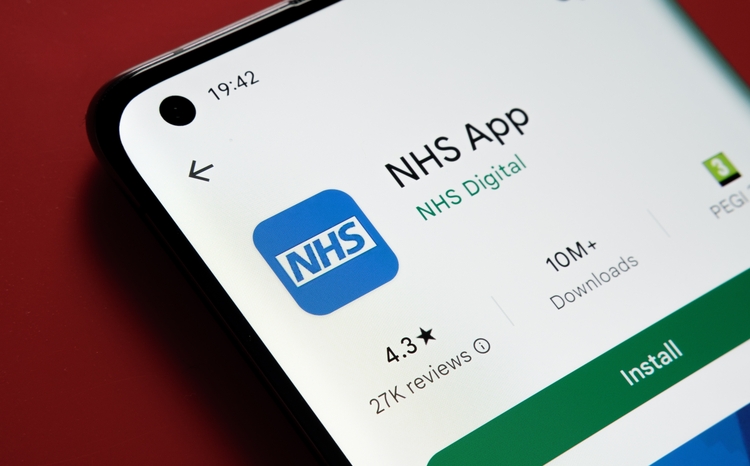Call for overhaul of Scottish IT
- 4 March 2009
GP representatives in Scotland have called for full integration of GP and secondary care systems and changes to out-of-hours services in a document outlining their strategy for the future of general practice.
BMA Scotland has published a ‘white paper style’ consultation document to encourage debate and discussion on a long term strategy for general practice north of the border.
The document, General Practice in Scotland: The Way Ahead, identifies information technology as one of six areas that GPs think needs the most attention.
It says that although the much criticised GP IT system, GPASS, is being phased out, appropriate planning for its replacement is being held up by a lack of information from the Scottish Government.
The BMA’s Scottish General Practitioner Committee is calling for appropriate funding to allow GPASS to be replaced urgently. It also says that in future there should be at least two GP systems to prevent a monopoly being created.
The Scottish Government’s vision for e-health, launched last summer, outlined plans to procure an IT system or systems to replace GPASS by the summer of 2009 and plans to set up a national framework contract for the GP systems.
Scotland is also in the process of procuring a hopsital sector patient management system, and the SGPC says consideration shoulod be given to the full integration of GP, secondary care and out-of-hours systems.
It says there are currently problems with systems being unable to talk to each other, or to exchange documents such as discharge letters, and new systems should allow for the complete, secure exchange of patient information with explicit patient consent.
However, it argues that GPs should retain their role as data controllers of the GP record and continue to control access to writing the GP record.
Other areas highlighted for attention in the consultation document include access, workforce and out-of-hours care.
The document says NHS 24’s costs have risen substantially since it was first introduced. Many GPs believe that ongoing difficulties – such as meeting demand at peak times and inappropriate referral to accident and emergency departments and 999 services – need to be addressed.
The document says options include increasing GP involement with the current NHS 24 service, retaining NHS 24 as a telephone answering service but devolving funding for out-of-hours services to NHS boards, or dismantling NHS 24 and transferring responsibility to NHS boards.
Dr Dean Marshall, chairman of the SGPC, said all the areas in the document were interlinked. He added: “We recognise that the government wants greater access to GP services but this cannot be achieved within the current structures and resources.
“By consulting on these issues I hope that we can have a sensible debate about what NHS general practice can deliver and where we need to adapt to become more responsive to our patients.”
The strategy is out for consultation with patients and the profession until 12 June.





